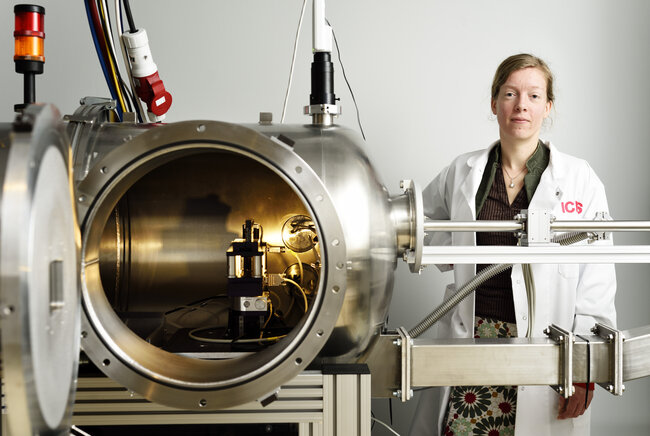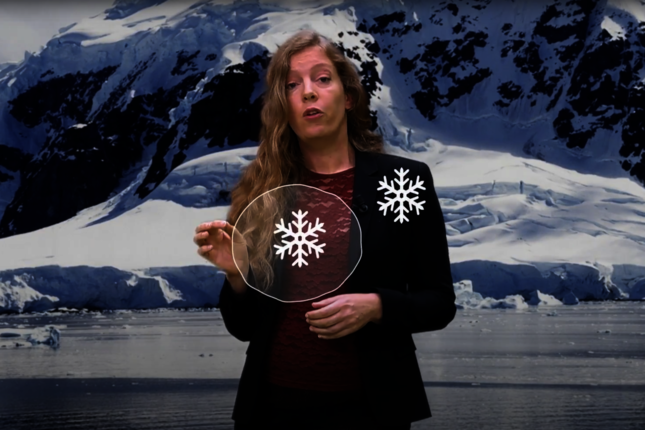How antifreeze proteins could help preserve donor organs for longer
With so-called polyamides Ilja Voets hopes to mimic the most favorable properties of antifreeze proteins that enable the preservation of complex tissues.

Freezing often leads to damage. Antifreeze proteins can limit this damage. These miraculous proteins ensure that the blood of animals, such as arctic fish and snow fleas, does not freeze in the cold environment in which they live. Chemist Ilja Voets develops new materials inspired by these proteins that make it possible to preserve tissue or donor organs much longer.
Can a person who have been frozen live again? Right now, that is more fiction than science, but survival by freezing is scientifically very interesting. In this inspiring video lecture Ilja Voets explains how we could store donor organs at a very low temperature for much longer, without damaging the tissue, by using synthetic materials inspired by antifreeze proteins.
Also in regenerative medicine this cryopreservation offers opportunities to better preserve cells or improve drug testing. With so-called polyamides, composed of amino acids, Voets hopes to mimic the most favorable properties of antifreeze proteins that enable the preservation of complex tissues. These include, for example, the way the materials suppress explosive ice growth and promote blunt ice crystal shapes that do not pierce cells.
About Ilja Voets
Ilja Voets is professor in the field of Self-Organizing Soft Matter at the Department of Chemical Engineering and Chemistry of Eindhoven University of Technology and ICMS.
